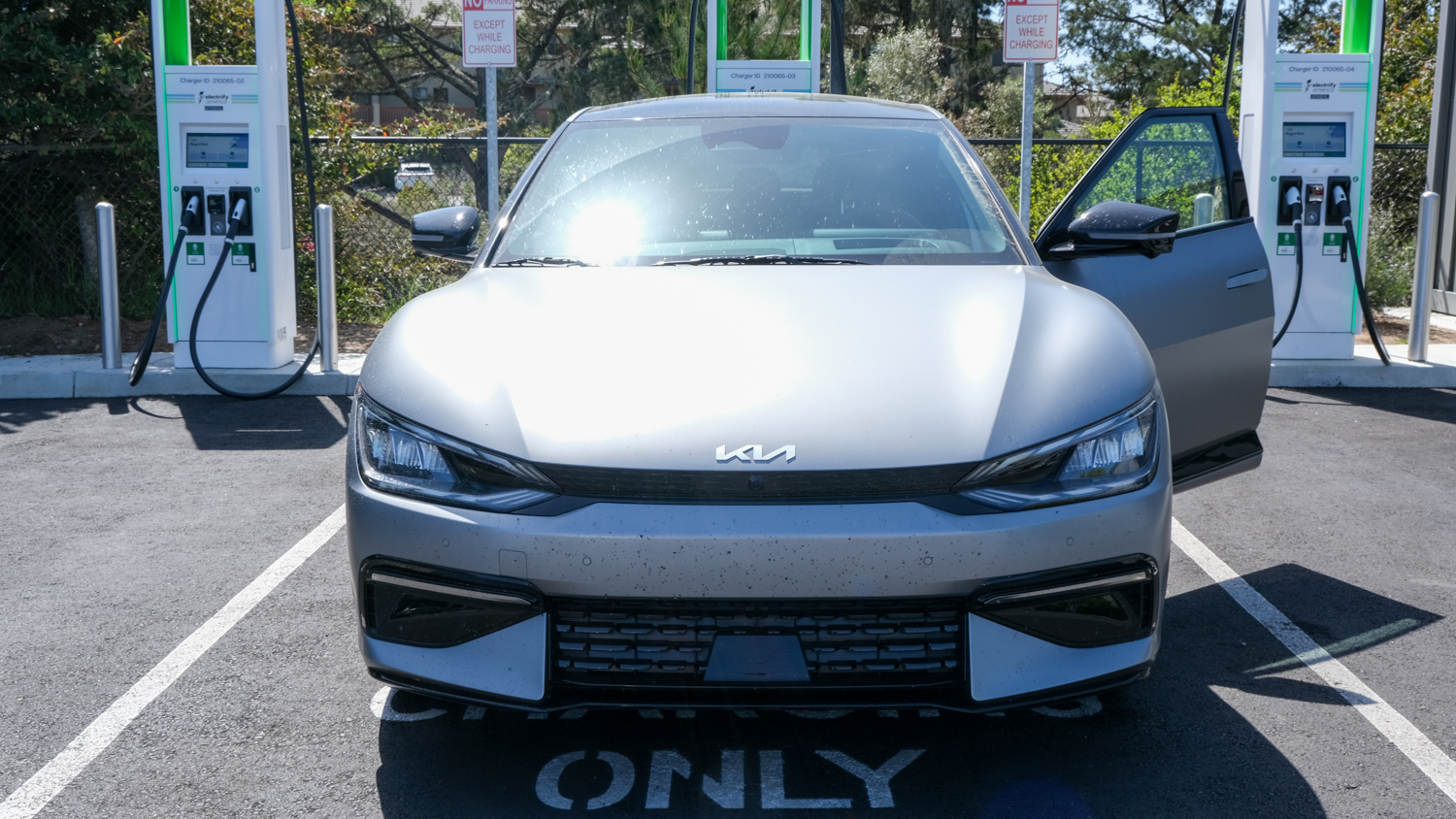Carmakers Found A Way To Make Every Car More Fuel Efficient
New reports indicate that cars made of new forms of steel could provide stronger and lighter cars that are also much more fuel-efficient. According to reports shared by Knowable Magazine, new types of steel are being created by combining lightweight polymers with carbon fiber-spun interiors and underbodies to help reduce the weight of the vehicle and make more fuel-efficient cars.
This is also something that we're seeing heavily invested in when it comes to battery-powered electric vehicles, as they require lighter materials to help them offer longer rangers on their more limited electrical charges. However, safety is also an important aspect of the process that cannot be overlooked. So, while automakers may be looking for ways to make stronger, lighter car bodies, they also have to be just as safe as the older, heavier options.
Throughout the past several decades, we've accomplished this by using higher strength and hardened pieces of steel that can be stretched to make the body of the vehicle. But that still remains pretty heavy. So scientists are finding ways to mix the basic iron that makes up steel with other components to make it lighter—thus creating more fuel-efficient cars—while still maintaining the ability for the body to not crumble as much upon impact.

Now, automakers and researchers have worked together with steelmakers to create three different generations of "high-strength steel," which have been used since the 1990s in various forms. They're still widely employed, too, and offer a good combination of strength and lightness. But more recent introductions of alloys like titanium and even niobium have helped them push things further.
They've not only increased the strength of the steel used in the vehicle's body, but the use of computers should hopefully make it much easier to showcase just how these materials can prove useful in making more fuel-efficient cars while still providing drivers and passengers with the safety they need when traveling.
There clearly remains a lot more work to be done in this vein. But it seems like researchers and automakers have a good foundation. They just need to figure out the next step to move things further along and maybe even start churning out better long-range vehicles.
